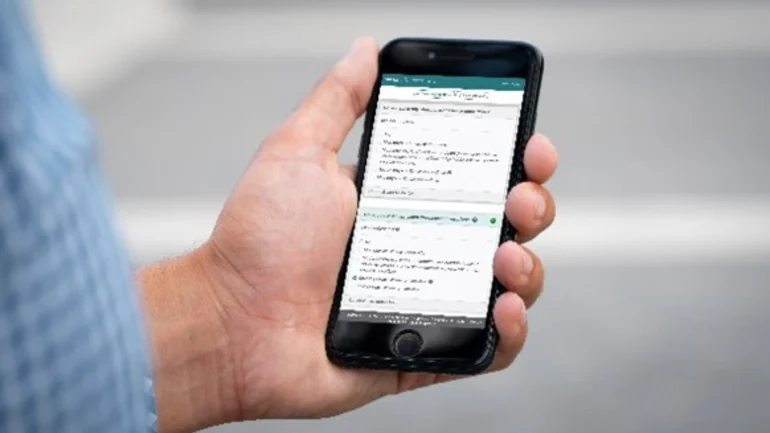- Key benefits/themes : Consumer Vulnerability, Financial, Efficiency
- Project partners : SP Energy Networks, CEE and MorganAsh
The Challenge
The Priority Services Register (PSR) is a free service offered by utilities to enable the provision of additional support to customers in vulnerable situations, ensuring adequate care is provided during power outages. These customers may have either identified themselves, or been identified by their utility service provider based on a variety of qualifying criteria, ranging from permanent disabilities to temporary illnesses.
DNOs are required to check the accuracy of consumer data by phone or mail at least every 24 months. This can often be a resource intensive process and in the case of direct mail, customer response rates are often poor.
Records may also be updated when another utility informs networks of an eligible customer in its area which is then manually entered into its PSR database.
Networks are looking to improve their support for vulnerable customers within the new price control and Ofgem have outlined numerous principles and baseline expectations, including:
Link between information held about PSR and how this is used to target, or prioritise, support.
- – How best to facilitate sharing of vulnerable customer data.
- – Understanding new forms of vulnerability.
The Solution
Following a call-out to innovators facilitated by the EIC in 2022, SP Energy Networks selected a joint project proposal from MorganAsh and social enterprise, Centre for Energy Equality.
The approach put forward by the two innovators proposed cleansing the PSR data and adapting a tool to better support vulnerable customers. web app which allows users to identify clusters of network areas where customers require support and filter by specific needs.
Project Partners
Thanks to support from the EIC and Network Innovation Allowance (NIA) funding, this collaboration between SP Energy Networks, CEE and MorganAsh is facilitating the development of this solution from TRL6 to TRL8.
When the project is complete, the solution is intended to be available to be deployed across all PSR customers within SP Energy Networks.
Lessons learnt by the project partners to date include:
1. An understanding of how vulnerability is managed across industry sectors.
2. Challenges on how PSR records are captured within the industry.
“Through this collaboration we are developing a solution to pinpoint those consumers who require utmost support and provide tailored assistance, creating a step-change in how priority services are delivered.
By gaining a nuanced understanding of consumer resilience, we anticipate improving the ability to address and meet the diverse needs of individuals as our energy system evolves”Andrew Ross, Director, Centre for Energy Equality
The Project
The initial stages of the project have included analysis and cleansing of PSR data using a novel data processing technique, which incorporates ‘confidence scores’ to indicate data that is likely to be inaccurate. This method will look to provide a data driven approach on improving the accuracy of PSR data.
Following completion of the discovery phase, the project is now focusing on:Data Enrichment – This will aim to enhance SP Energy Networks’ PSR dataset by obtaining additional customer contact information that is not currently held in its system. Improving the PSR coverage will enable the provision of additional support to more customers in vulnerable situations.
Resilience System development – This work package will adapt and trial the MorganAsh Resilience System (MARS) tool to understand if the solution could improve the identification of customers who would benefit from additional support services (e.g. low carbon technology and fuel poverty advice).The Impact
- Consumer Vulnerability : Assigning resilience ratings via MARS will enable SP Energy Networks to carry out more effective support to assist those with the greatest needs.
- Efficiency : By cleansing and enriching the PSR data, this solution will improve the accuracy of PSR records held. The MARS tool will also optimise the process of engaging with PSR customers by providing a more targeted approach for identifying individuals who would benefit from additional services.
- Financial : Potential savings by reducing the time-consuming and resource intensive nature of current PSR processes.
“There is growing pressure for firms to manage consumers with vulnerabilities, to understand their characteristics and circumstances in order to improve outcomes. While PSR lists are a good start they need a major upgrade if they are to meet present and future needs and efficient, compliant data sharing. This project will provide a solution to deliver these improvements.”
– Andrew Gething, Managing Director, MorganAsh
Next steps
In the final stage of this project, the partners will work to assess the suitability of the MARS tool with end-users. This will offer an opportunity for any changes to be made as required ahead of a future large-scale BAU rollout.

